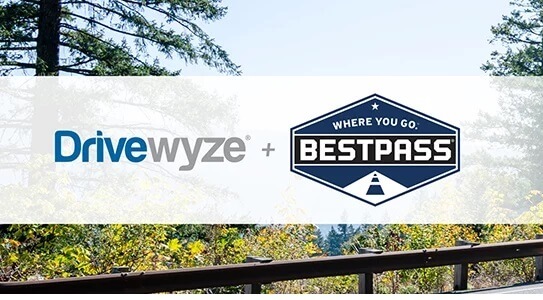Navigating Cross-Border Logistics: Mexican Customs Regulations for Trucks Coming from the US
In the ever-expanding world of international trade, Mexico and the United States share a bustling border, facilitating the movement of goods and commerce between the two nations. However, for logistic companies and trucking operators, crossing this border comes with a set of stringent regulations set forth by Mexican customs authorities. Understanding and adhering to these regulations is vital to ensure smooth and efficient cross-border transportation.
The Paperwork Maze: Customs Documentation
One of the first hurdles that trucking companies encounter when transporting goods from the US to Mexico is handling the mountain of paperwork required by Mexican customs. From the bill of lading to the commercial invoice and packing list, meticulous documentation is a non-negotiable aspect of the process. Accuracy is key here, as even minor errors could lead to unnecessary delays and complications at the border.
Temporary Import Permit: A Temporary Stay
Trucks entering Mexico from the US need a temporary import permit (TIP). This permit allows the vehicle to operate within Mexican territory for a limited period, typically six months. The TIP is obtained at the border and must be returned upon the truck’s exit from Mexico. Ensuring the TIP is up-to-date and valid is crucial to avoid hefty fines and penalties.
Carnet de Pasajero y Conductor: The Driver’s Passage
For the driver of the truck, a Carnet de Pasajero y Conductor (CPC) is mandatory. This permit provides crucial information about the driver and the truck and is a prerequisite for traversing the Mexican roads. Acquiring the CPC at the border is a necessary step before embarking on the journey.
Cargo Inspection: Ensuring Compliance
Mexican customs officials take cargo inspection seriously. To verify the contents and value of the goods being transported, inspections may be conducted. In some cases, trucks might be subjected to random inspections for security purposes. Properly organizing and securing the cargo can help expedite this process and prevent undue scrutiny.
Duties and Taxes: Paying the Price
Duties and taxes are a reality when moving goods across international borders. Trucking companies must be well-versed in the classification and value of their cargo to determine the applicable tariffs and taxes. Engaging the services of a licensed customs broker can be beneficial in navigating this intricate landscape.
Vehicle Permits: Driving Legally
Apart from the TIP, truckers must obtain vehicle permits to enter Mexico. These permits specify the duration the truck can remain in the country and must be obtained at the border. It is imperative to comply with the permit regulations to avoid complications during the journey.
Safety First: Health and Safety Regulations
Safety is of paramount importance, especially when transporting hazardous materials or food products. Depending on the nature of the cargo, additional health and safety regulations may apply. Ensuring the necessary permits or certifications are obtained is vital for a seamless journey.
In Conclusion
Traversing the Mexican customs landscape for trucks coming from the US requires careful planning, attention to detail, and compliance with the ever-evolving regulations. To ease the process, logistics companies are strongly advised to partner with experienced customs brokers who can navigate these complexities and ensure a successful and efficient cross-border transportation experience. By staying informed and prepared, trucking companies can unlock the vast opportunities that lie on both sides of this bustling international divide.
1Truck America, July 28th 2023



